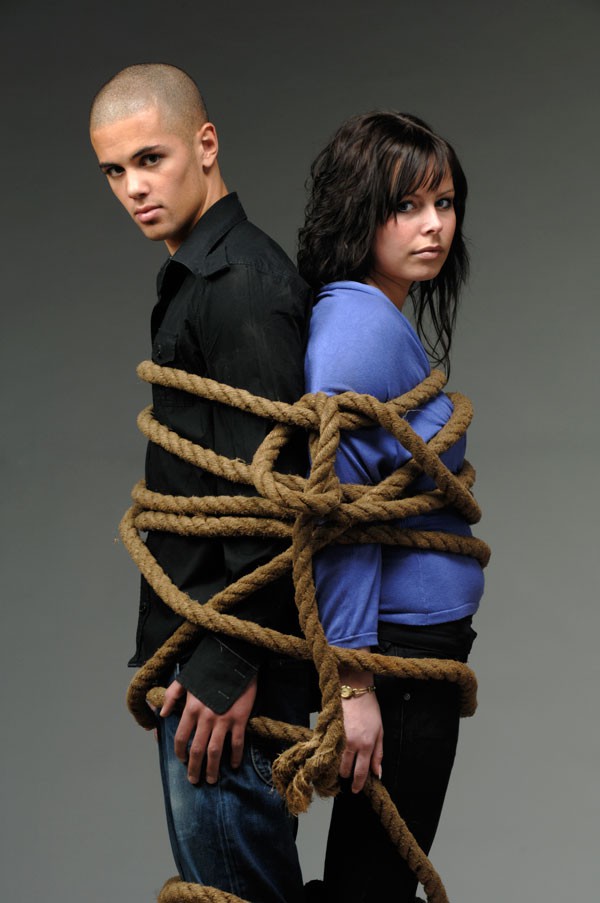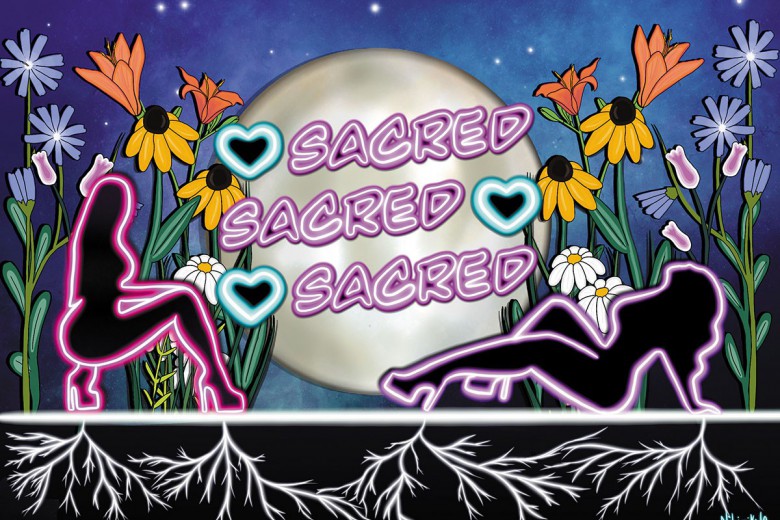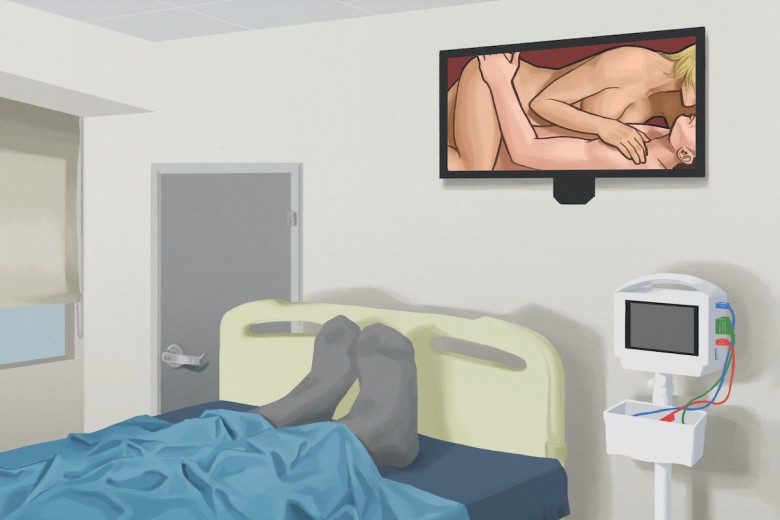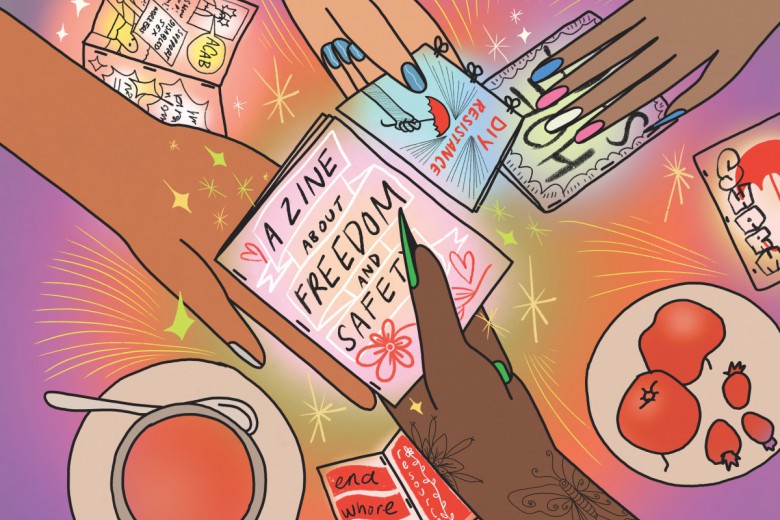
“Feminism, the political movement for women’s autonomy (not some abstract “˜equality’ within the very categories established by millenia of patriarchy), is an essential component of any political struggle that takes the integrity of the human body as its point of departure. More than that, however, feminism is the precondition of any lasting social transformation, because patriarchy as both the political and metaphorical model for all relations of domination is the most long-standing, persistent, and intractable cultural form of oppressive power. […]
“There is no ideology that is experienced with the same personal and emotional force, that is perceived more like a law of nature, that is imprinted earlier or with more relentlessness during the socialization of individual human beings, than gender — and in the actually-existing world, that means male and female as masculinity and femininity, in a hierarchical relation.”
— Stan Goff, Energy War
This issue of Briarpatch is a temporary androgynous zone in the no-man’s land between male and female. It is addressed neither (just) to women nor (just) to men, but to anyone who is serious about putting principles of social justice into practice.
Every March, we devote an issue to the politics of gender. We used to call this the “women’s issue” – Briarpatch is, after all, a feminist publication and women’s autonomy is, as Stan Goff suggests above, integral to the success of any struggle for a more equitable and sustainable society. But designating gender a “women’s issue,” as if the articles it carried would only be of interest to women or the issues addressed were only the responsibility of women, always struck me as both a lost opportunity and a tactical mistake for a magazine with as many male readers as female. Gender-based violence and discrimination impact all of us (in different ways, certainly, and to different degrees), and are the shared responsibility of all of us to address together.
Although gender, as Goff observes, tends to express itself in the real world as “masculinity and femininity in a hierarchical relation,” I would suggest that the concept of gender is best approached as fluid, malleable and socially constructed. Gender essentialism – the belief that men are from Mars and women are from Venus – is a dead-end which feminist and queer activists and theorists have made important strides in escaping. When we approach gender as an androgynous zone rather than viewing male and female as sovereign territories aligned in opposition to one another, interesting possibilities begin to emerge.
This is not to say that we have transcended the need for gender-exclusive spaces. Whether it be educational spaces like the Prairie School for Union Women or political spaces like take-back-the-night marches, the designation and defence of women-only spaces is an important part of our educational and political work.
(This cuts both ways, though. There is currently a dangerous vacuum of pro-feminist, anti-oppressive, men-only spaces dedicated to providing men with the resources to work through issues of conflict resolution, emotional intelligence, substance abuse, intimacy, commitment, parenting and healthy sexuality in a supportive environment. (The Saskatoon Men’s Resource Centre is one notable exception.)
This lack of support leaves many men woefully ill-equipped for the emotional challenges and personal struggles they may face. In extreme cases, such men become easy targets for recruitment by neo-Nazis, criminal gangs and anti-feminist men’s groups – all of which are quick to exploit recruits’ feelings of doubt, fear, shame and confusion by channeling those feelings into anger, that most masculine of emotions, and then setting that anger loose on an external target.)
If we only ever speak to women and girls about gender, we doom our efforts to build communities grounded in women’s autonomy and sexual diversity. We need androgynous zones where men and women can learn and converse together about these issues. This magazine is intended as such a space.





